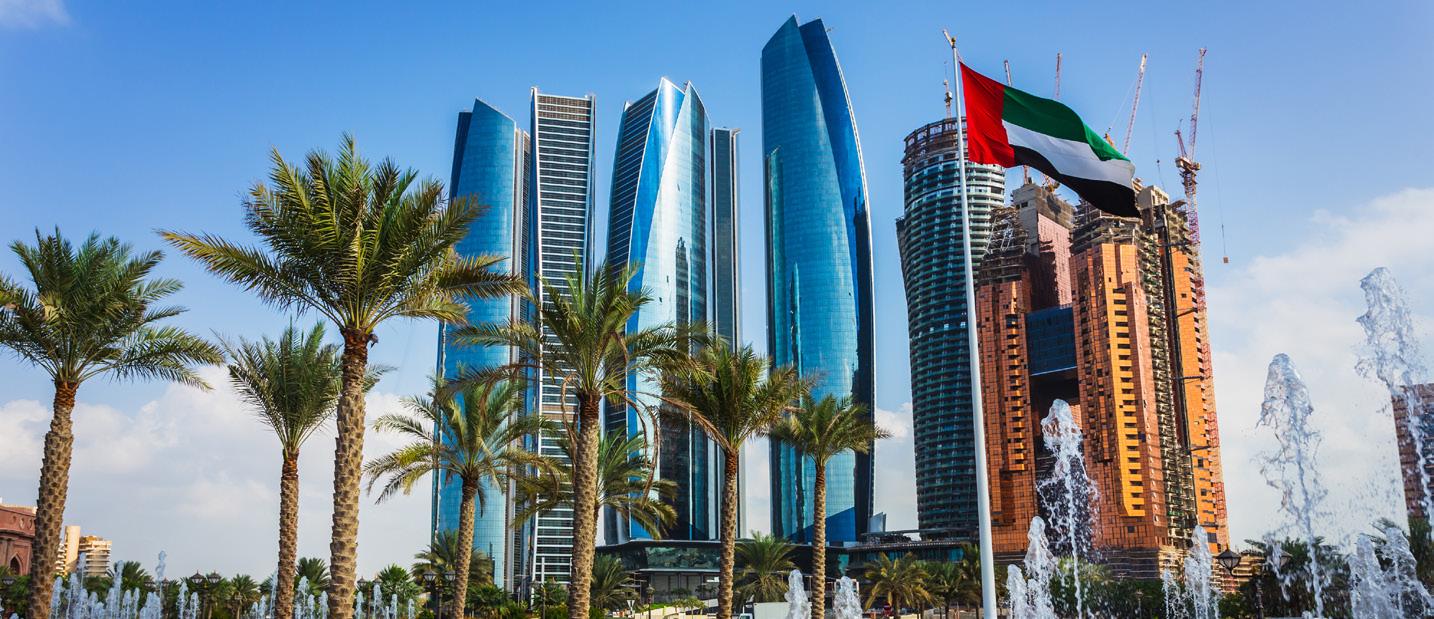Introduction
$15K Aid a compassionate and timely response to a devastating tragedy, the Kuwaiti government has pledged a compensation of $15,000 (approximately ₹12.5 lakh) to the families of the victims of the tragic fire that recently claimed the lives of 50 individuals, including 46 Indian nationals. The incident occurred on July 12, 2024, in the Mangaf area of Kuwait. This financial aid is seen as a crucial lifeline for the grieving families, providing them with some relief amid the profound emotional and financial devastation. The Kuwaiti government’s gesture symbolizes solidarity and compassion, and the international community is closely watching how it serves as a model for humanitarian support.
The Tragic Incident
The fire broke out in a seven-storey building that housed migrant workers in Mangaf, a city located in Kuwait’s southern Ahmadi Governorate. The building, which provided accommodation for 196 workers, primarily housed Indian expatriates employed in Kuwait. The blaze, believed to have been caused by an electrical short circuit, spread rapidly throughout the structure, ultimately engulfing the entire building. The fire claimed the lives of 50 individuals, with 46 of them being Indian nationals, 24 of whom were from the southern state of Kerala. This catastrophe has left an indelible mark on the expatriate community, especially those who had close ties to the victims.
Kuwait’s Compassionate Response
In the wake of this tragedy, the Emir of Kuwait, Sheikh Meshal Al-Ahmad Al-Jaber Al-Sabah, swiftly ordered a compensation package of $15,000 for each of the victims’ families. This move, while not undoing the loss, is aimed at offering a degree of financial support during an unimaginably difficult time. The funds will be processed and distributed through the respective embassies, ensuring that each family receives assistance promptly. The decision has been met with widespread appreciation, as it serves as a reminder of the importance of government action during times of national and international calamities. Kuwait’s swift response demonstrates the nation’s commitment to standing by its international community, especially those who have contributed to its economic development.
India’s Support

Alongside the Kuwaiti government’s initiative, the Indian government has also shown great empathy and support for the victims’ families. Prime Minister Narendra Modi expressed his deep sorrow over the tragedy, offering heartfelt condolences to the bereaved families. He announced an ex-gratia relief of ₹2 lakh to each of the families of the Indian nationals who lost their lives. This relief is part of the Prime Minister’s Relief Fund, which is often utilized for emergency situations such as this one. The state government of Kerala, home to many of the victims, has also pledged ₹5 lakh in financial assistance to the families of the 24 Keralites who were killed in the blaze. Both these acts of support highlight the Indian government’s commitment to its citizens abroad and its role in offering a safety net during such catastrophic events.
Legal and Corporate Assistance
Corporate entities and business leaders have also come forward to assist the victims’ families. The NBTC Group, a major company in Kuwait that employed many of the workers who died in the fire, has announced that it will provide financial compensation of ₹8 lakh to the families of the deceased. The company also reassured the families that they would receive four years’ worth of salary as per the terms of the workers’ insurance policies. This corporate responsibility adds another layer of support to the families during this tragic time. In addition, prominent business figures like M.A. Yusuff Ali and Ravi Pillai have pledged additional financial assistance, contributing ₹5 lakh and ₹2 lakh, respectively, to each victim’s family. Such gestures not only provide immediate financial relief but also demonstrate the wider corporate community’s solidarity during global crises.
Legal Entitlements
In addition to the compensation being offered by the Kuwaiti and Indian governments, the families of the victims may be entitled to additional legal compensation under Kuwaiti civil law. Legal experts believe that the heirs of the deceased are entitled to a minimum compensation of 10,000 Kuwaiti dinars (approximately ₹2.5 lakh) under the country’s civil law, known as Deyyah Sharia. This law, which is designed to ensure justice for families who lose loved ones due to negligence or other wrongful acts, can provide the families with further financial support. This legal right, in conjunction with the ongoing investigations into the cause of the fire, offers the victims’ families a potential path to further financial restitution.
Investigation and Accountability
In response to the fire, Kuwait’s public prosecutor has launched a thorough investigation to determine the exact causes of the tragedy and to assign accountability. The investigation is looking into various aspects, including potential negligence related to fire safety protocols. Several individuals, including a Kuwaiti citizen and a number of foreign nationals, have been arrested in connection with the incident. They face charges of manslaughter and negligence, as the fire allegedly spread due to inadequate safety measures within the building. The Kuwaiti government has vowed to ensure that justice is served, sending a strong message about its commitment to holding all responsible parties accountable.
Community and Religious Solidarity
The tragedy has touched the hearts of people across different communities and faiths, prompting expressions of solidarity from religious and community leaders. The Kerala Catholic Bishops’ Council (KCBC) and the Regional Bishops’ Council for Kerala have extended their condolences to the families, calling the incident “heartbreaking.” They have also offered prayers for the departed souls and expressed support for the victims’ families during this overwhelming loss. Religious communities have come together in prayer services, with many individuals from various backgrounds offering their moral and financial support to the affected families. This unity in the face of tragedy exemplifies the importance of community strength during times of distress.
Conclusion
The Mangaf fire tragedy serves as a powerful reminder of the risks that migrant workers face in foreign lands, particularly in terms of safety and security. While the financial compensations provided by Kuwait and India, along with the support from businesses and religious organizations, offer some relief to the grieving families, they cannot replace the lives lost. However, these acts of solidarity offer a glimmer of hope and demonstrate the profound impact that collective action can have in times of crisis. The tragedy has brought together governments, businesses, and communities, united in their determination to support those affected by this catastrophic loss. The victims’ families, while forever marked by this tragedy, can take solace in the global outpouring of support and compassion they have received in the aftermath.



